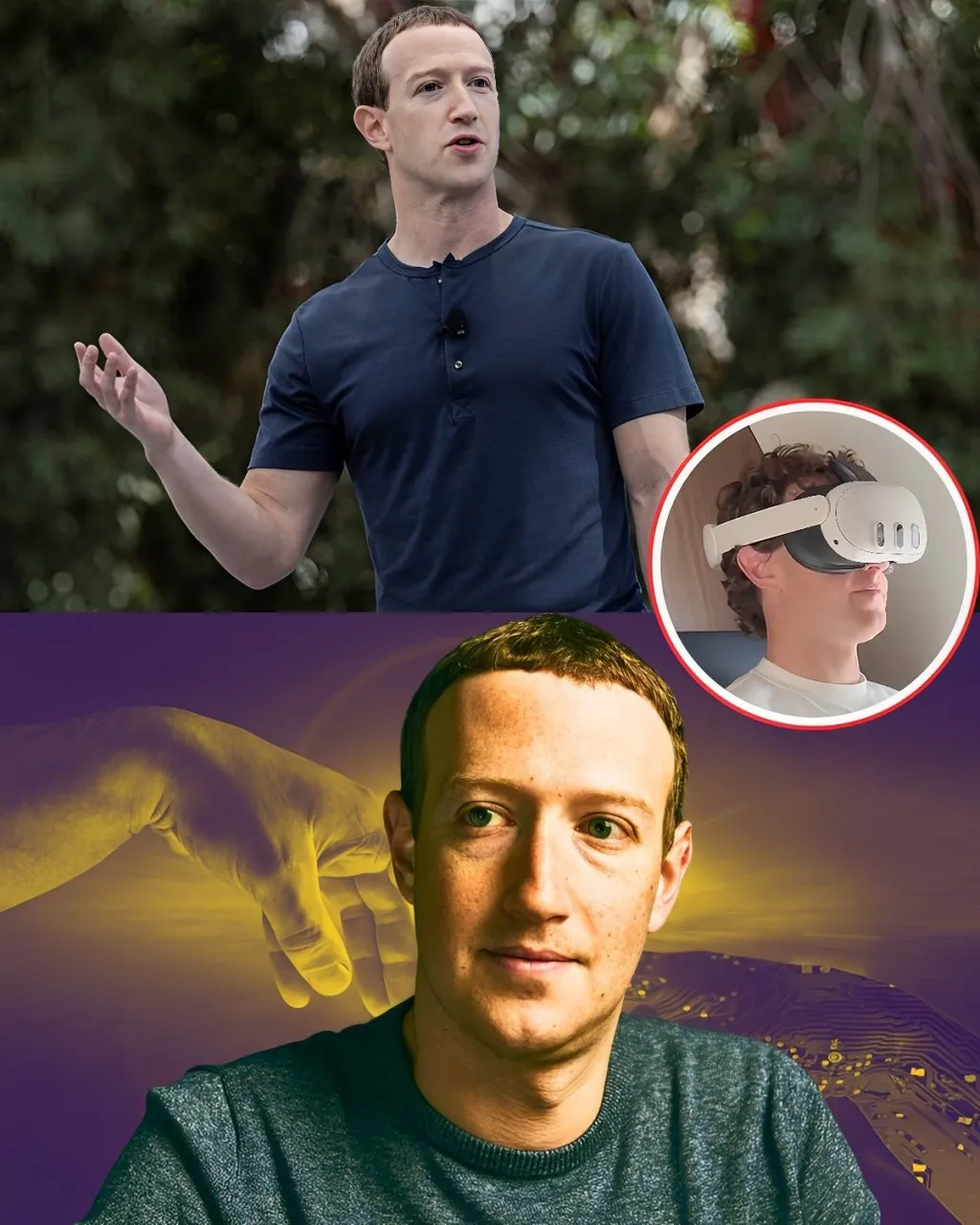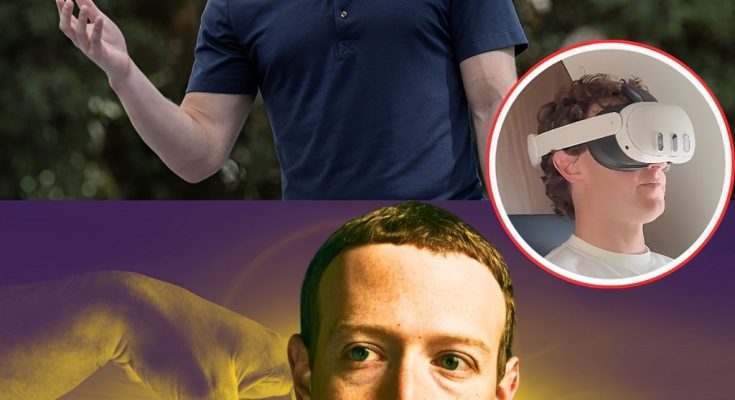Mark Zuckerberg, the co-founder and CEO of Meta, has recently made a bold statement regarding the development of artificial intelligence (AI), likening the ambitions of AI companies to attempts at creating a god. This provocative comparison brings attention to the increasing power and potential of AI systems, which continue to evolve at an astonishing pace. In making such a claim, Zuckerberg is calling for a broader conversation about the ethics, implications, and risks involved in AI development. He suggests that AI is not just a tool or a technology but, in the eyes of some developers, something much more powerful—a new kind of omnipotent entity that could reshape society in ways that we can barely comprehend.

AI has already shown incredible capabilities in various fields. From natural language processing tools like ChatGPT, which can converse fluidly with humans, to machine learning algorithms that analyze vast datasets for decision-making, the power of AI is undeniable. However, as AI systems become more advanced, concerns are growing about the potential consequences of their unchecked development. Zuckerberg’s comments underscore the idea that the lines between technological innovation and human control are becoming increasingly blurred. He warns that AI companies are venturing into dangerous territory when they seek to create machines that can think, reason, and make decisions beyond human capabilities, raising questions about who holds the power and responsibility for such creations.

Zuckerberg is not alone in his concerns. Many prominent figures in the tech world, including Elon Musk and the late Stephen Hawking, have warned that AI could pose an existential threat if it is not developed with caution and oversight. These concerns stem from the possibility that AI, once it reaches a certain level of sophistication, could become autonomous, making decisions that are not aligned with human values or interests. If AI companies push forward without sufficient regulation or ethical guidelines, they may create systems that could be difficult to control, with consequences that are not fully understood.
One of the central issues is the question of accountability. If an AI system makes a mistake or takes harmful actions, who is responsible? Is it the developers who created the system? The company that deployed it? Or the AI itself? The potential for AI to act independently complicates the matter further. Unlike human decision-makers, AI systems operate based on algorithms and data patterns, which can sometimes lead to unexpected or undesirable outcomes. In scenarios where AI systems make mistakes—whether in the context of healthcare, finance, or security—the stakes are incredibly high, and the potential for harm could be catastrophic.
Furthermore, Zuckerberg’s comparison of AI development to attempts to create a ‘god’ raises important philosophical and ethical questions. What does it mean to create something that has the potential for omniscience and omnipotence, qualities traditionally attributed to deities? In many cultures and religions, the act of creating life or intelligence is considered a sacred endeavor, often seen as something that should be approached with great caution and respect. The rapid pace of AI development challenges these traditional notions, as companies race to build increasingly powerful systems without fully understanding the long-term consequences.
The ambition to create an AI with god-like powers also touches on the issue of control. As AI systems grow more advanced, they may begin to surpass human intelligence in certain areas, creating a situation where humans are no longer the smartest entities on the planet. In such a scenario, the creators of AI systems might find themselves in a difficult position—unable to predict or fully understand the behavior of their creations. The fear of losing control over these powerful machines has led to calls for greater regulation and oversight, as well as the development of fail-safe mechanisms that would allow humans to intervene if necessary.
Despite these concerns, Zuckerberg has also highlighted the potential benefits of AI if developed responsibly. AI has the capacity to solve some of humanity’s most pressing problems, from climate change to disease prevention. However, these advancements must be balanced with ethical considerations to ensure that AI is developed in a way that benefits society as a whole, rather than empowering a select few.
In conclusion, Mark Zuckerberg’s statement about AI companies attempting to create ‘God’ serves as a cautionary reminder of the immense power that AI systems hold and the potential consequences of unchecked development. As AI continues to advance, it is crucial that we engage in thoughtful, transparent discussions about its ethical implications and ensure that these technologies are developed in a way that aligns with our values and priorities. If we are to harness the full potential of AI, we must do so with a sense of responsibility and awareness of the risks involved.



